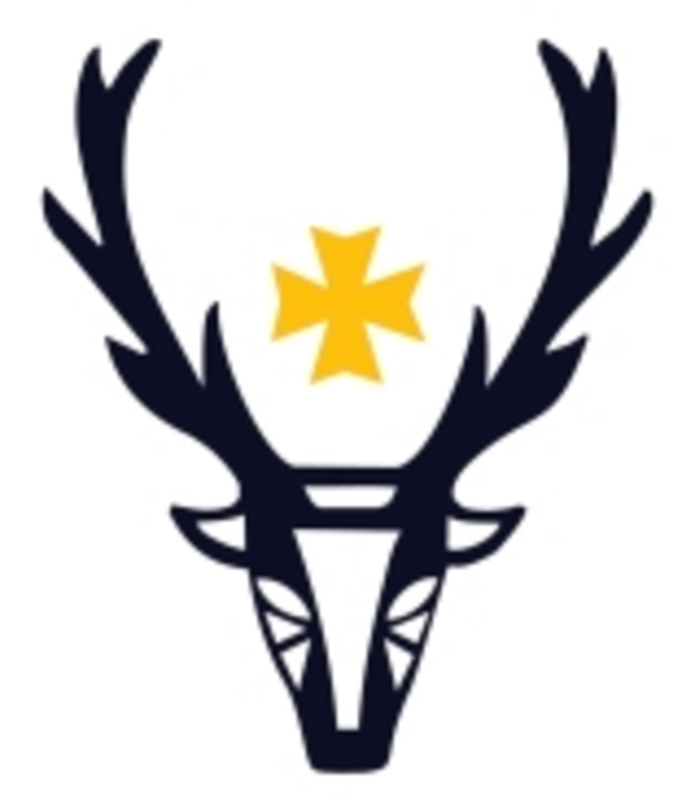
• EXAM BOARD: OCR • ENTRY CRITERIA: GRADE 5 IN GCSE MATHEMATICS • HEAD: MRS S BEDI SBEDI3@HAYDONSCHOOL.COM Computer Science is a practical subject where students can apply the academic principles learned in the classroom to real-world systems. It is an intensely creative subject that combines invention and excitement, and can look at the natural world through a digital prism. The qualification requires computational thinking, helping students to develop the skills of problem solving, designing systems and understanding the power and limits of human and machine intelligence. The A Level course provides the foundations to study the subject at a higher level and will also be an excellent grounding for other subject areas that require computational thinking and analytical skills. CURRICULUM Unit 1 - Computer Systems This component will introduce learners to the internal workings of the Central Processing Unit (CPU), the exchange of data and will also look at software development, data types and legal and ethical issues. Learners will draw on this underpinning content when studying computational thinking, developing programming techniques and de- vising their own programming approach in the Programming project component (Unit 3). Unit 2 - Algorithms and programming. This component will incorporate and build on the knowledge and understanding gained in the Computer systems Unit 1. In addition, learners should: Understand what is meant by computational thinking; Understand the benefits of applying computational thinking to solving a wide variety of problems; Understand the principles of solving problems by computational methods; be able to use algorithms to describe problems; Be able to analyse a problem by identifying its component parts. Unit 3 - Programming Project. Students will design, create, test and evaluate a software solution for a client. Students work with their clients to set the software requirements, and many students choose to develop games as their software solutions. ASSESSMENT Unit 1 and Unit 2 are both summatively assessed through external exams. Each exam is completed at the end of Year 13, and is worth 40% of the overall qualification. Each exam is two and a half hours long, and has approximately 140 marks available. There is a programming project which is undertaken in Year 13 and is worth 20% of the overall qualification. CAREER OPPORTUNITIES *Cyber Security Consultant *Games developer *IT consultant *Multimedia programmer *SEO specialist *Software engineer WE ARE PROUD That Haydon students with an A level in Computer Science have gone on to study a range of degree level subjects including Business Computing, Computer Science, Optometry, Soft- ware Engineering and others.
About Education Provider
| Region | London |
| Local Authority | Hillingdon |
| Ofsted Rating | Good |
| Gender Type | Co-Educational |
| Address | Wiltshire Lane, Eastcote, Pinner, HA5 2LX |
• EXAM BOARD: OCR • ENTRY CRITERIA: GRADE 5 IN GCSE MATHEMATICS • HEAD: MRS S BEDI SBEDI3@HAYDONSCHOOL.COM Computer Science is a practical subject where students can apply the academic principles learned in the classroom to real-world systems. It is an intensely creative subject that combines invention and excitement, and can look at the natural world through a digital prism. The qualification requires computational thinking, helping students to develop the skills of problem solving, designing systems and understanding the power and limits of human and machine intelligence. The A Level course provides the foundations to study the subject at a higher level and will also be an excellent grounding for other subject areas that require computational thinking and analytical skills. CURRICULUM Unit 1 - Computer Systems This component will introduce learners to the internal workings of the Central Processing Unit (CPU), the exchange of data and will also look at software development, data types and legal and ethical issues. Learners will draw on this underpinning content when studying computational thinking, developing programming techniques and de- vising their own programming approach in the Programming project component (Unit 3). Unit 2 - Algorithms and programming. This component will incorporate and build on the knowledge and understanding gained in the Computer systems Unit 1. In addition, learners should: Understand what is meant by computational thinking; Understand the benefits of applying computational thinking to solving a wide variety of problems; Understand the principles of solving problems by computational methods; be able to use algorithms to describe problems; Be able to analyse a problem by identifying its component parts. Unit 3 - Programming Project. Students will design, create, test and evaluate a software solution for a client. Students work with their clients to set the software requirements, and many students choose to develop games as their software solutions. ASSESSMENT Unit 1 and Unit 2 are both summatively assessed through external exams. Each exam is completed at the end of Year 13, and is worth 40% of the overall qualification. Each exam is two and a half hours long, and has approximately 140 marks available. There is a programming project which is undertaken in Year 13 and is worth 20% of the overall qualification. CAREER OPPORTUNITIES *Cyber Security Consultant *Games developer *IT consultant *Multimedia programmer *SEO specialist *Software engineer WE ARE PROUD That Haydon students with an A level in Computer Science have gone on to study a range of degree level subjects including Business Computing, Computer Science, Optometry, Soft- ware Engineering and others.